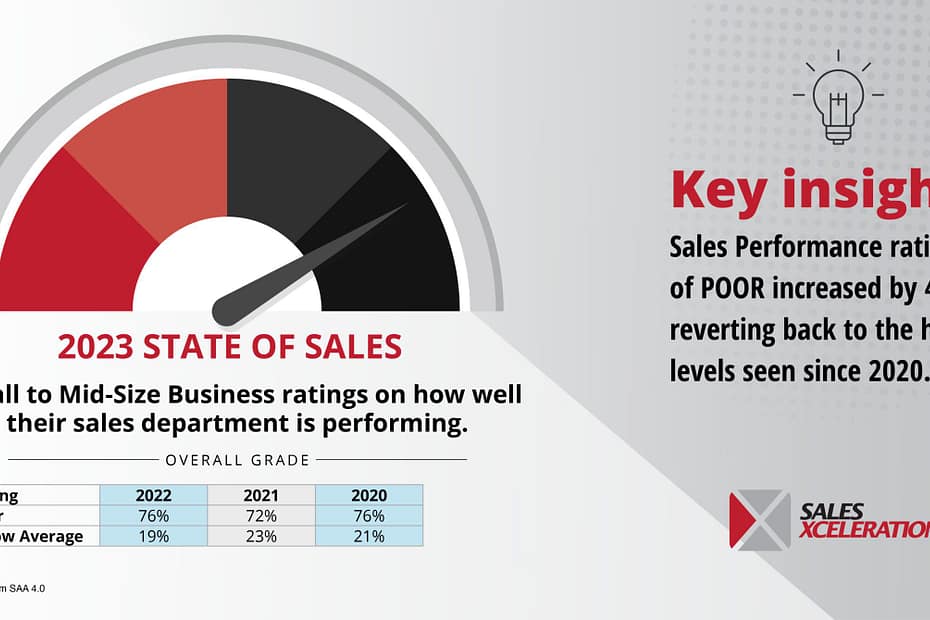Two Tall Guys Talking Sales – The Four Buckets of Sales Growth with Steve Wittal
In this dynamic episode of Two Tall Guys Talking Sales, hosts Kevin Lawson and Sean O’Shaughnessey welcome Canadian SalesXceleration expert Steve Wittal for an in-depth look into the foundations of effective sales strategies. Steve brings decades of experience in startup advisory, sales management, and business growth, sharing a robust framework that simplifies complex growth challenges into four digestible buckets: desirability, clarity, predictability, and deliverability. If you’re a business leader looking to strengthen your sales processes,… Two Tall Guys Talking Sales – The Four Buckets of Sales Growth with Steve Wittal


